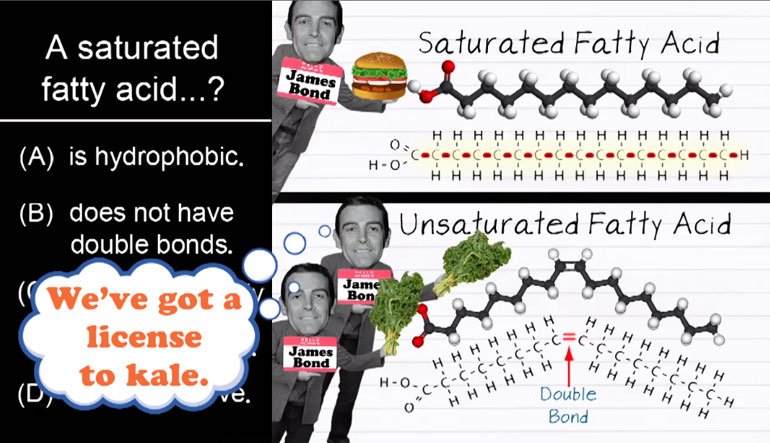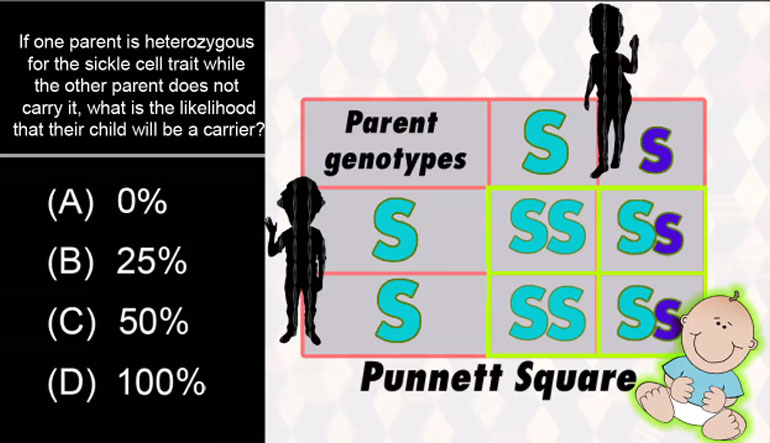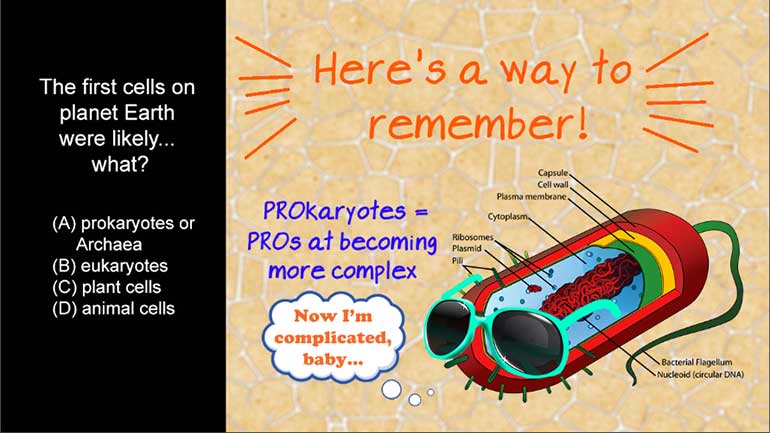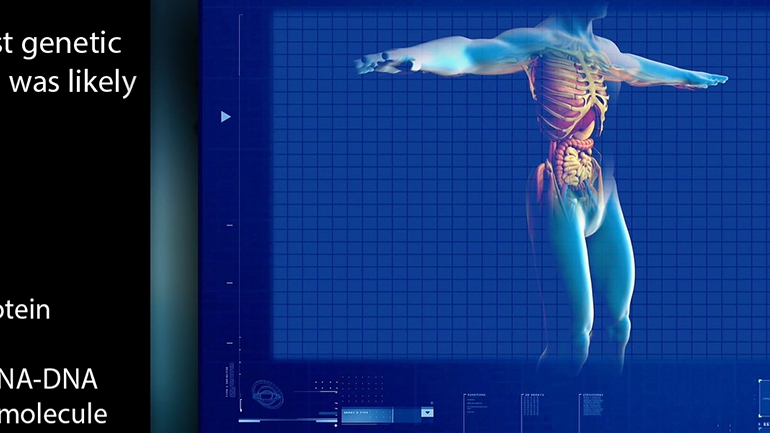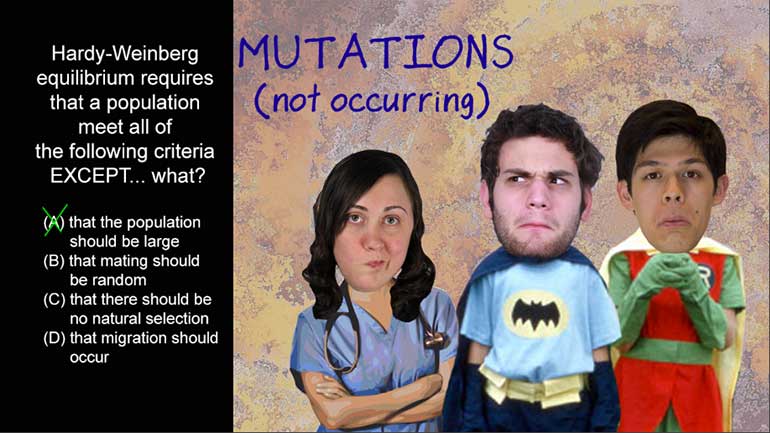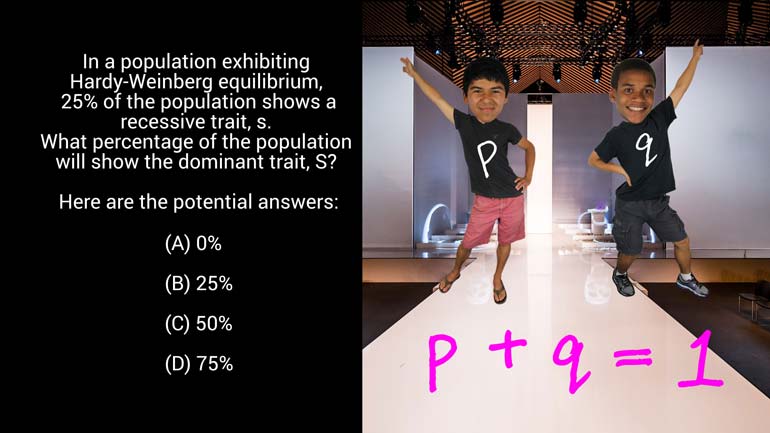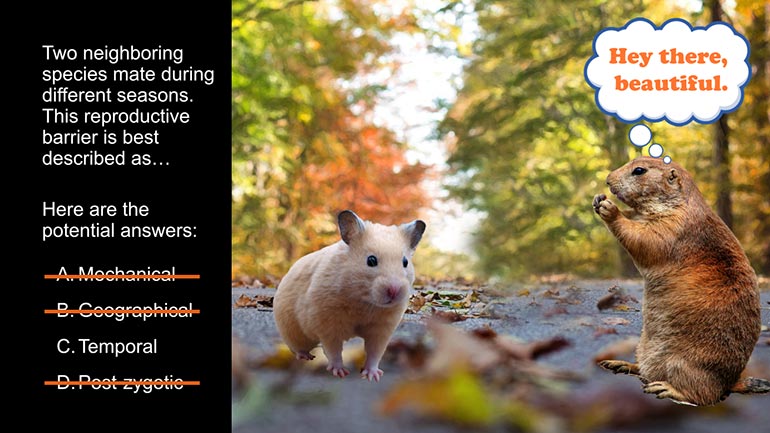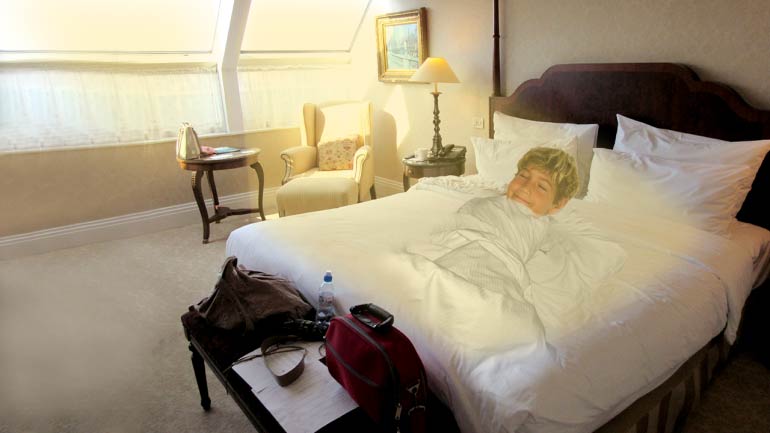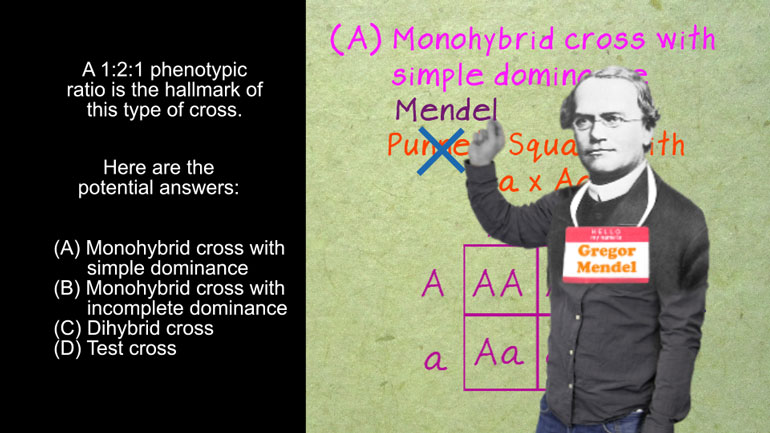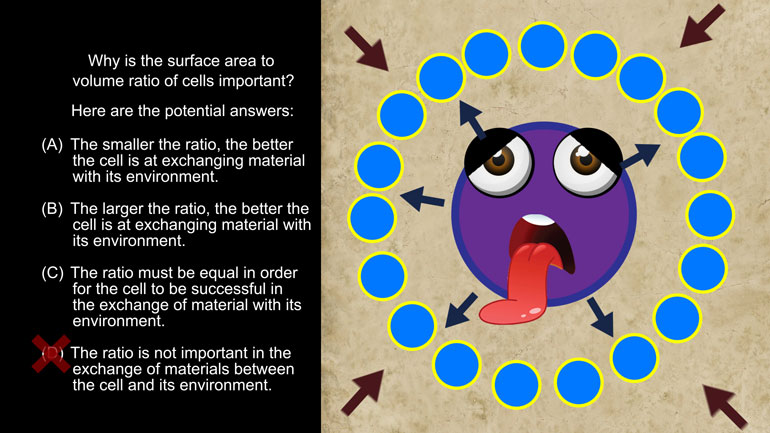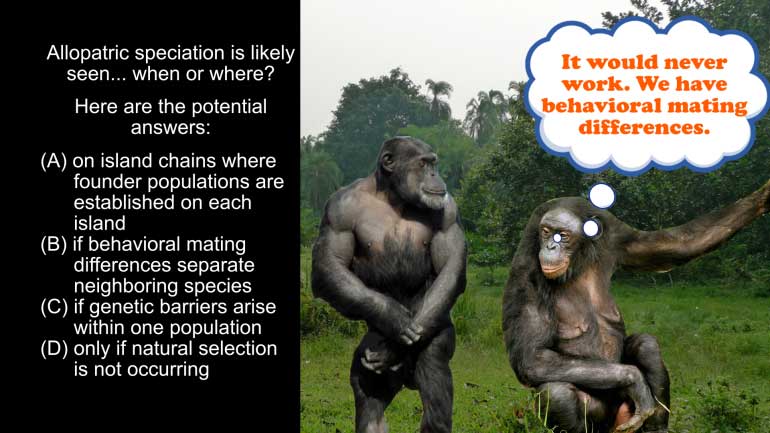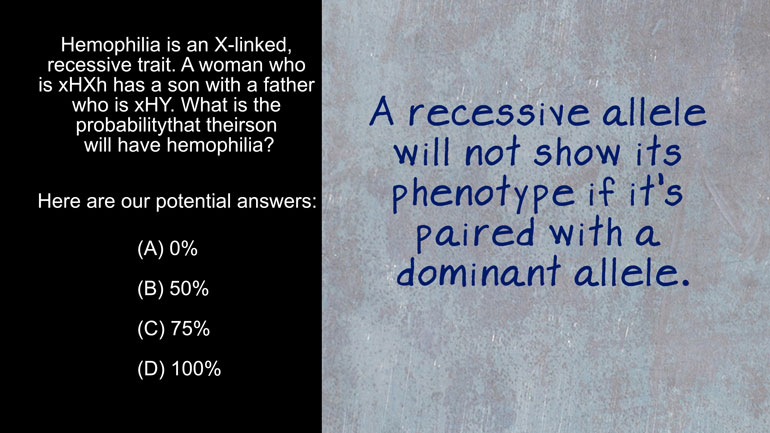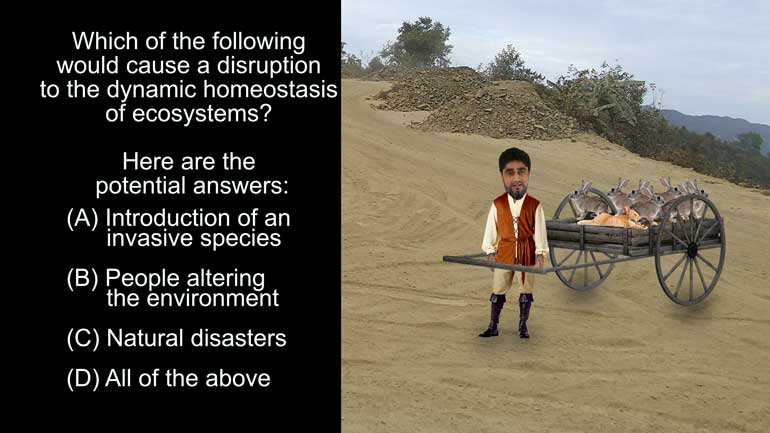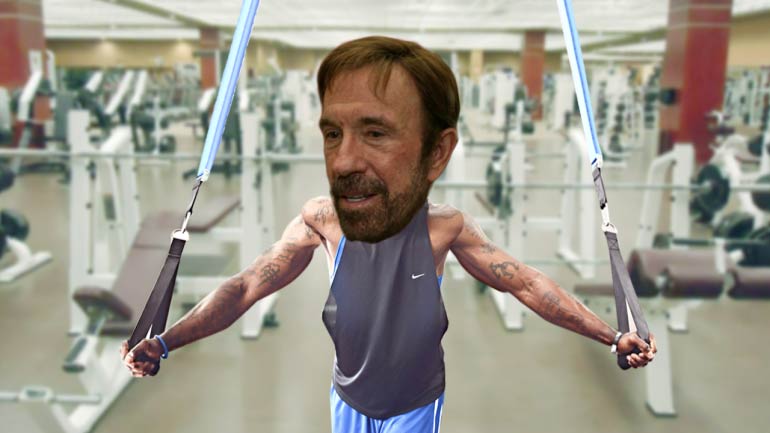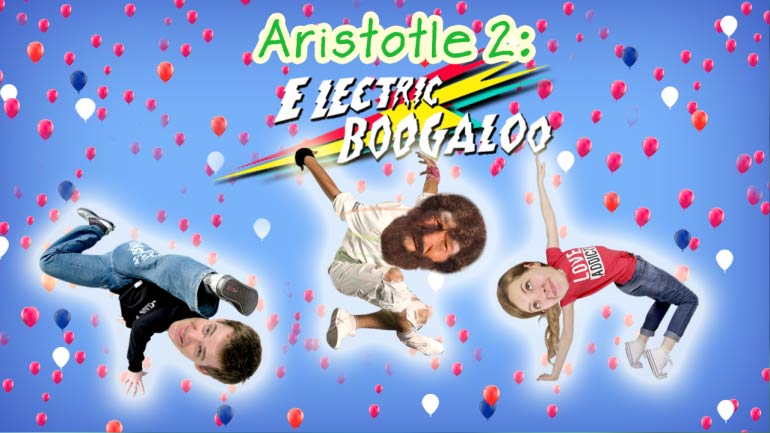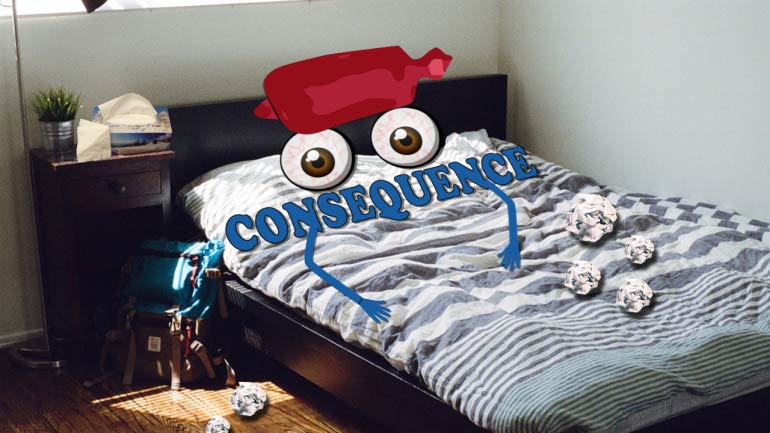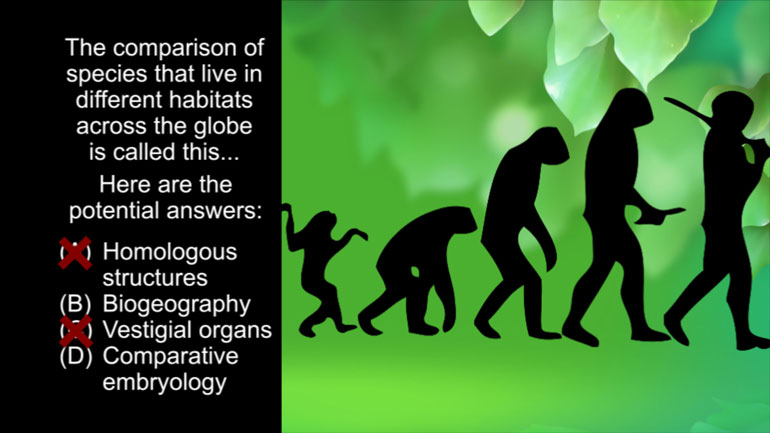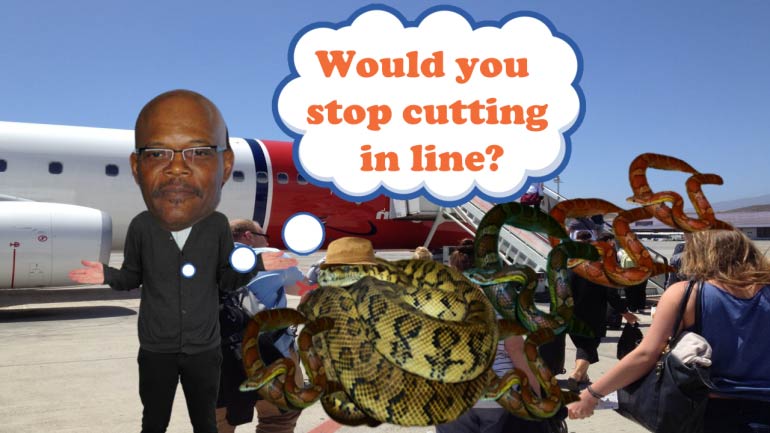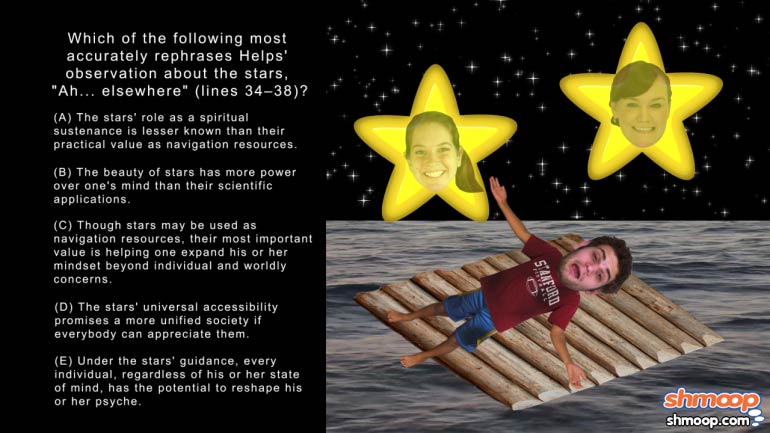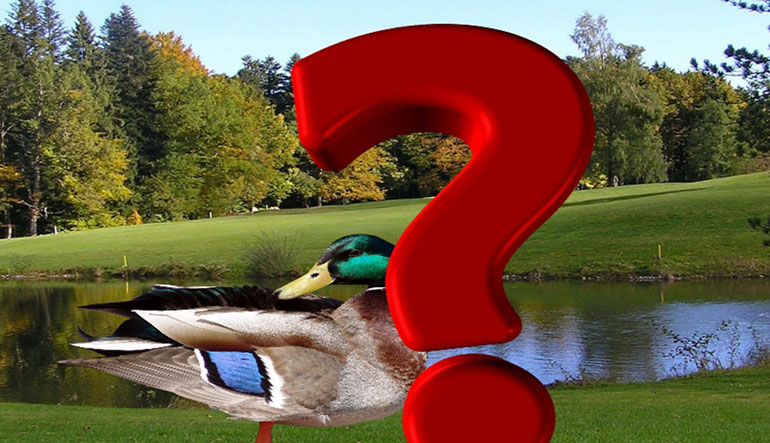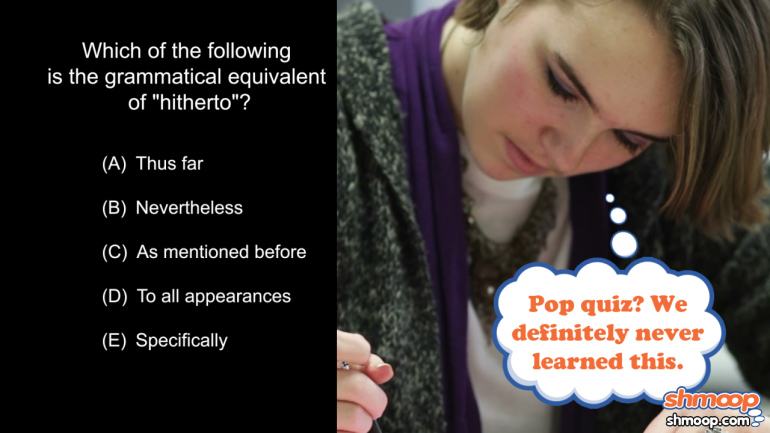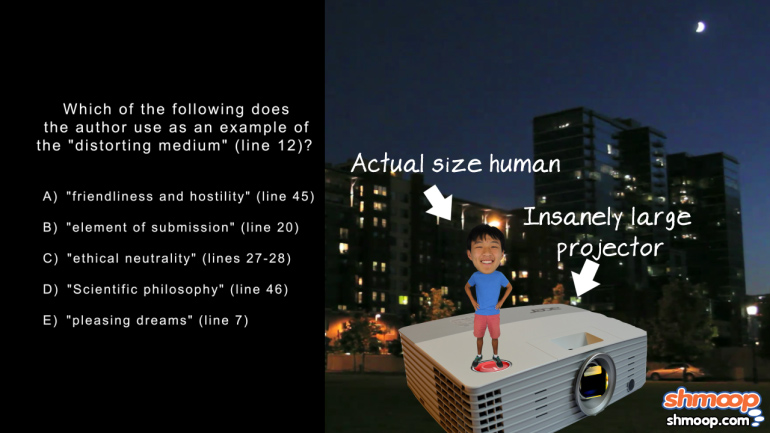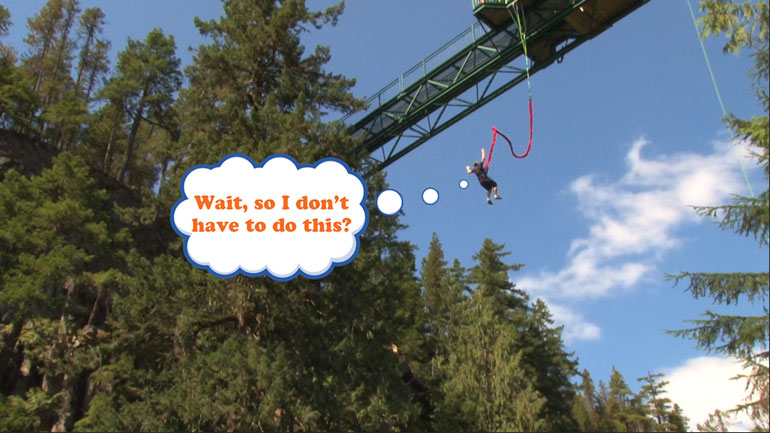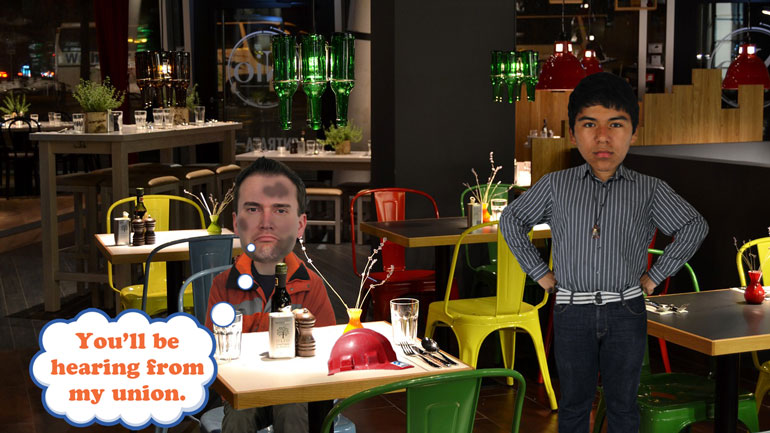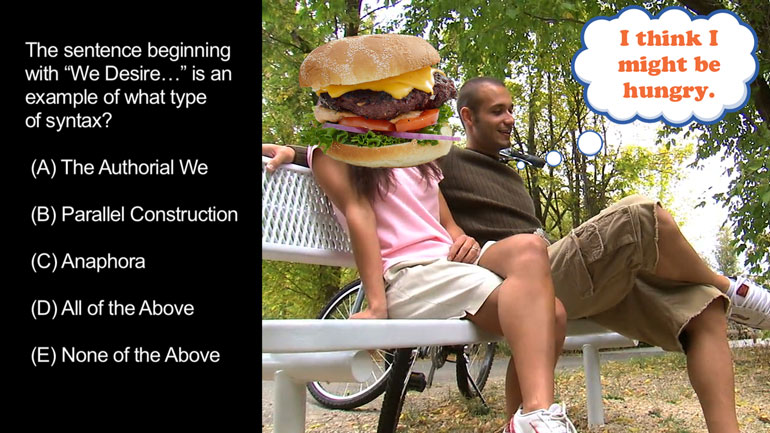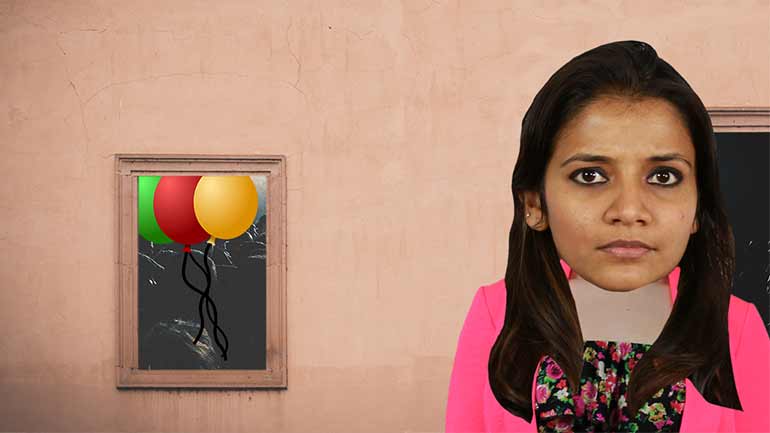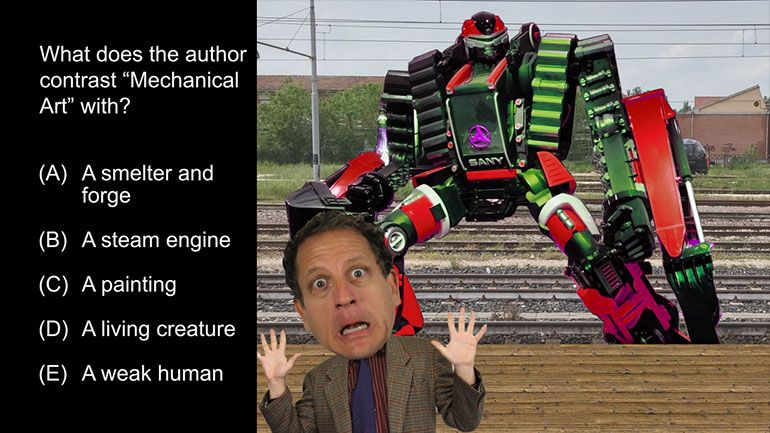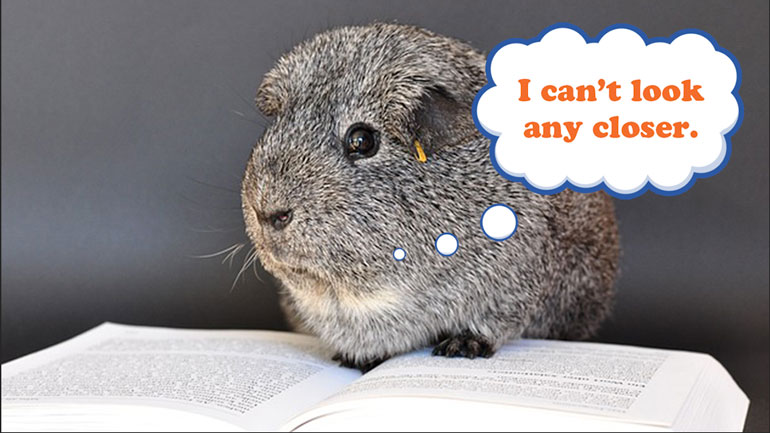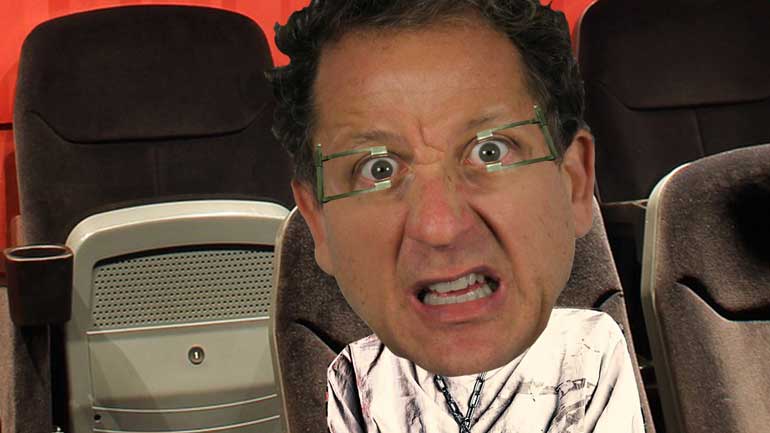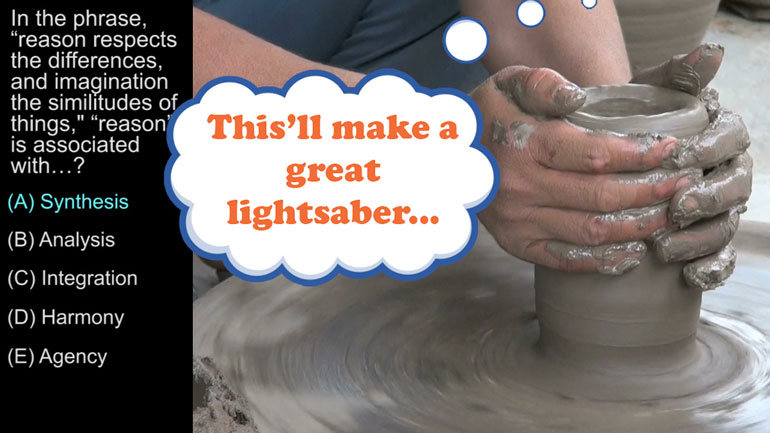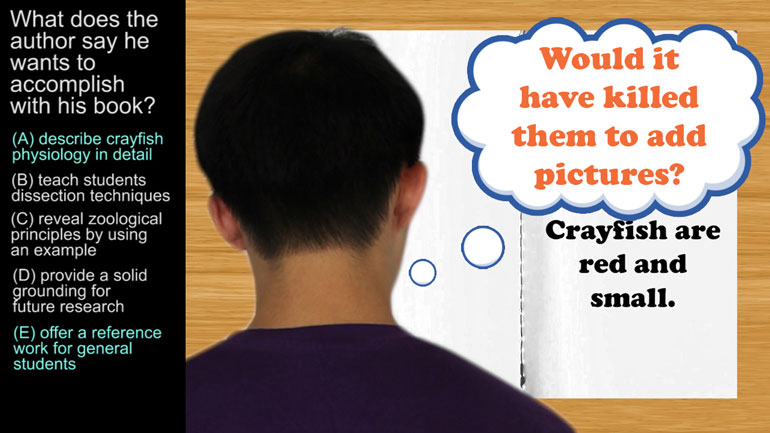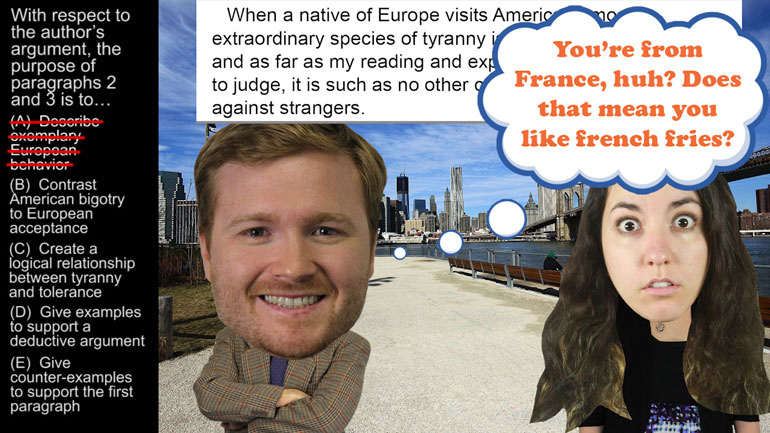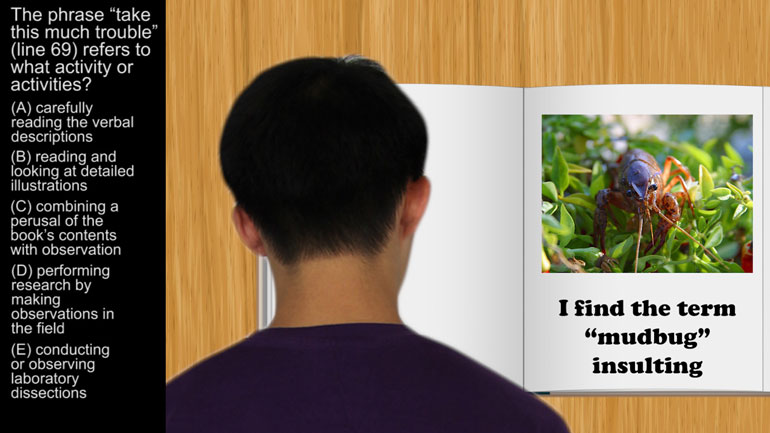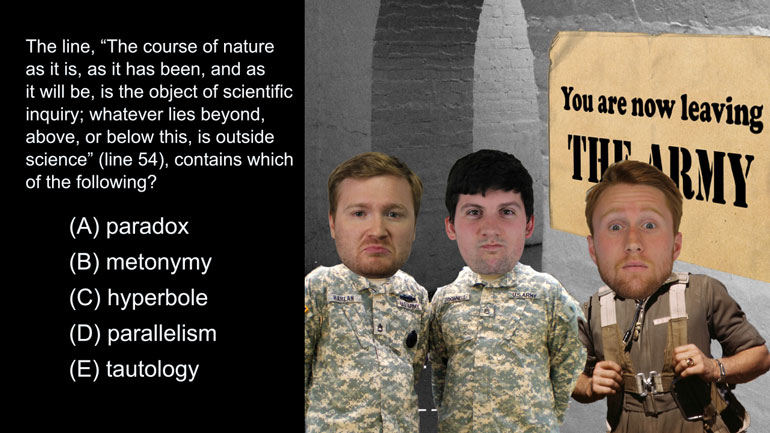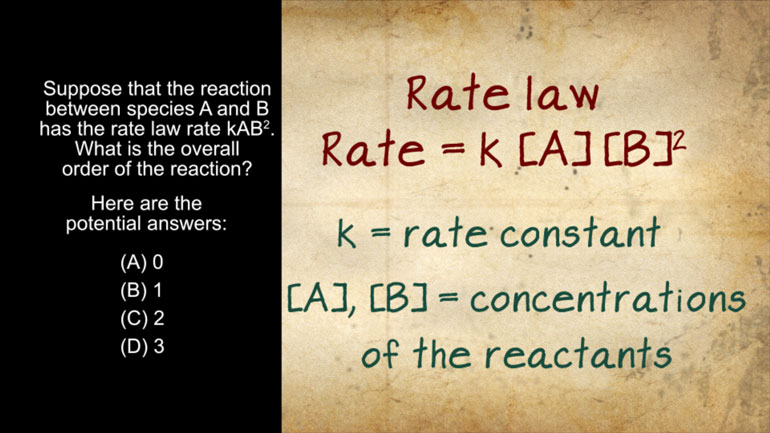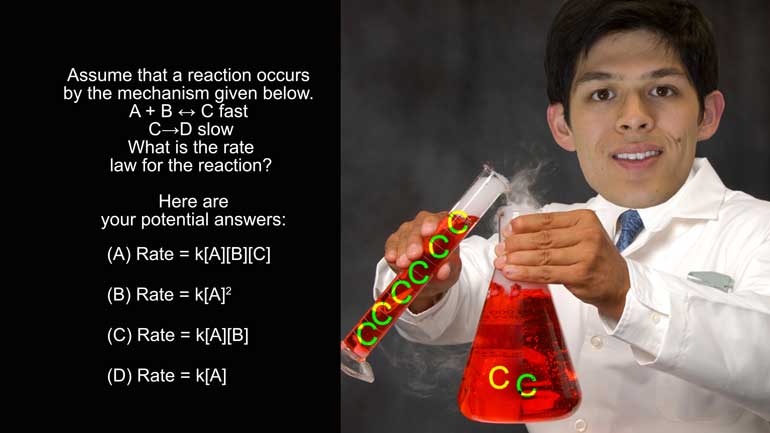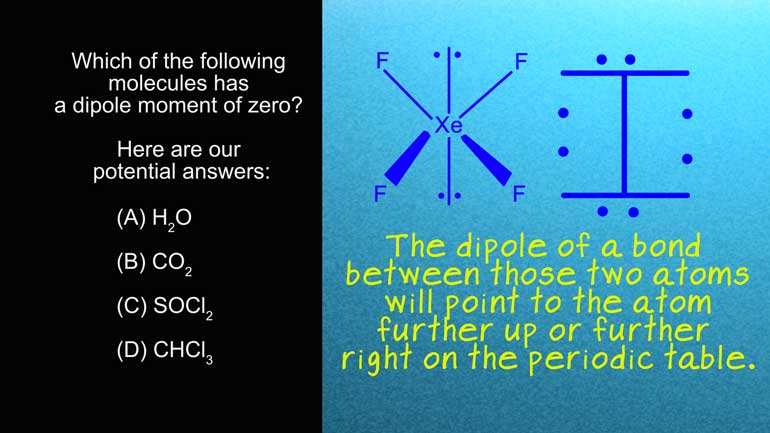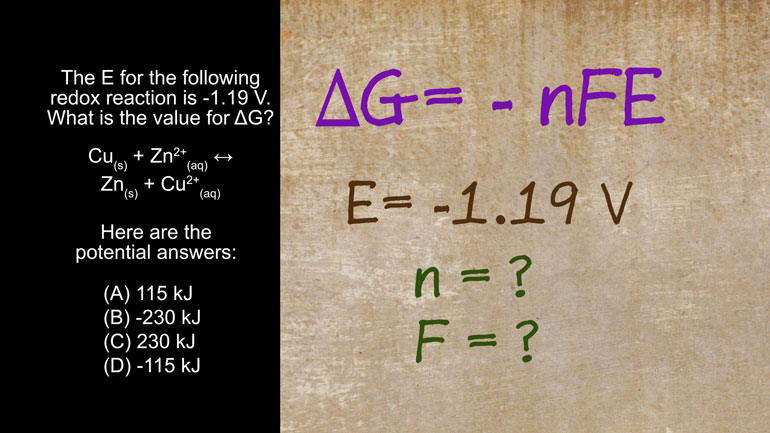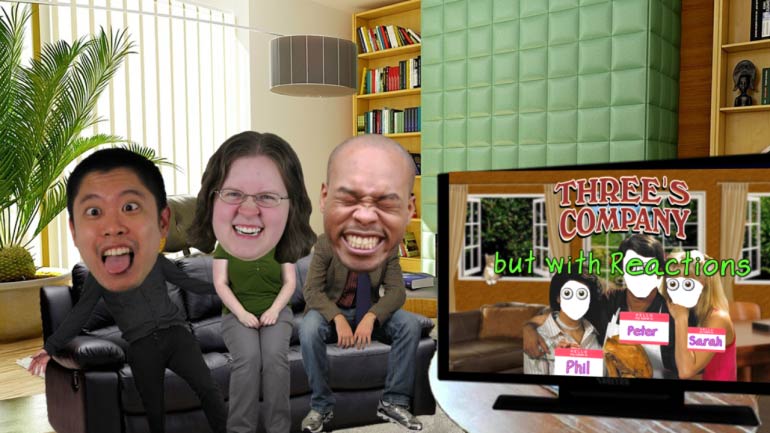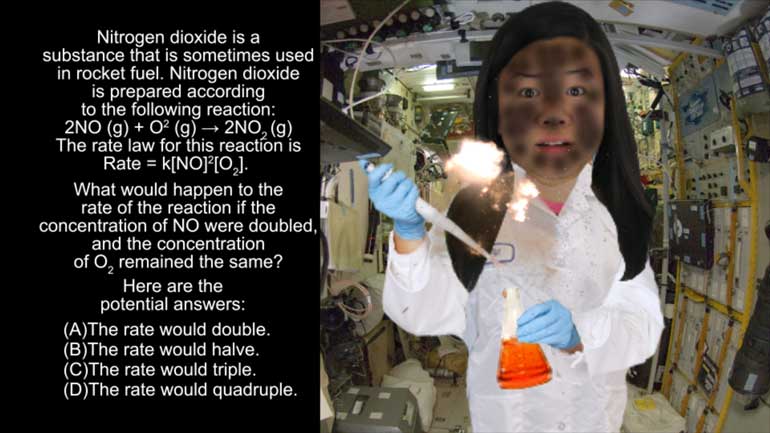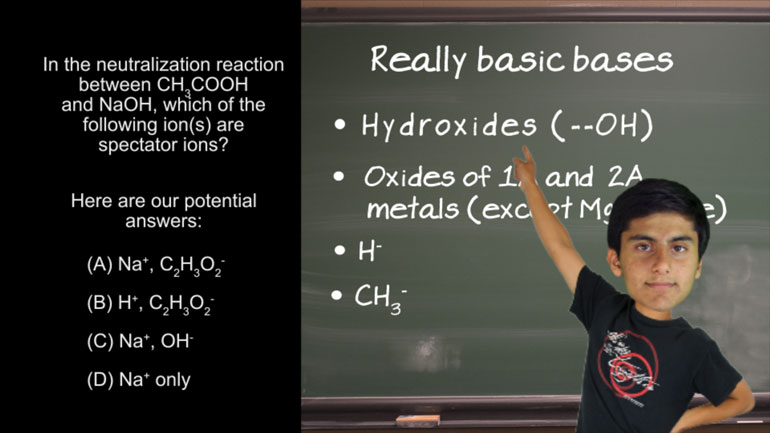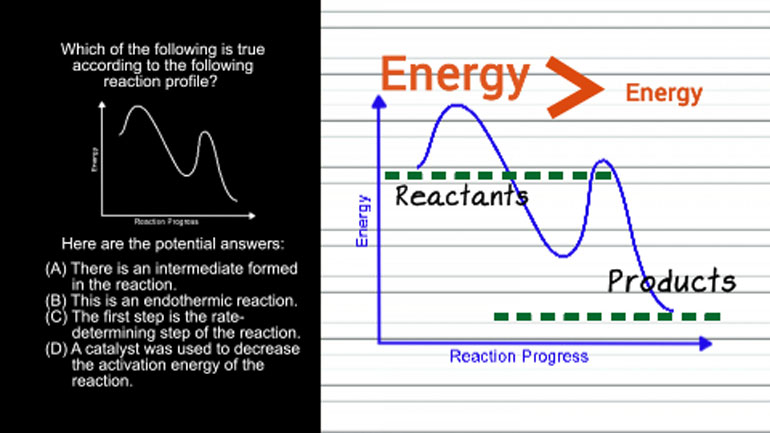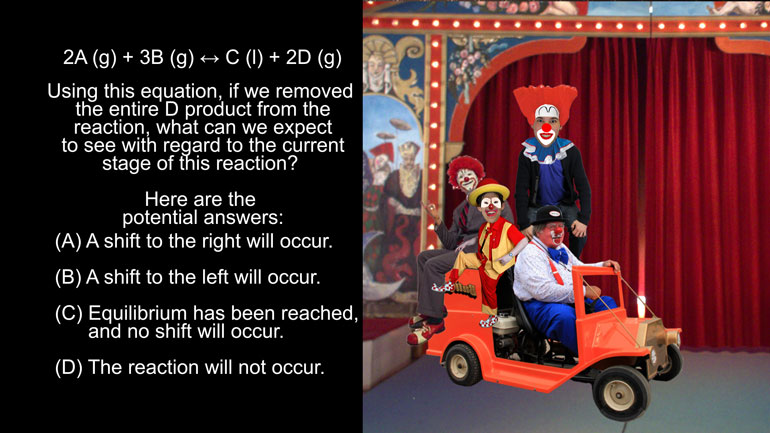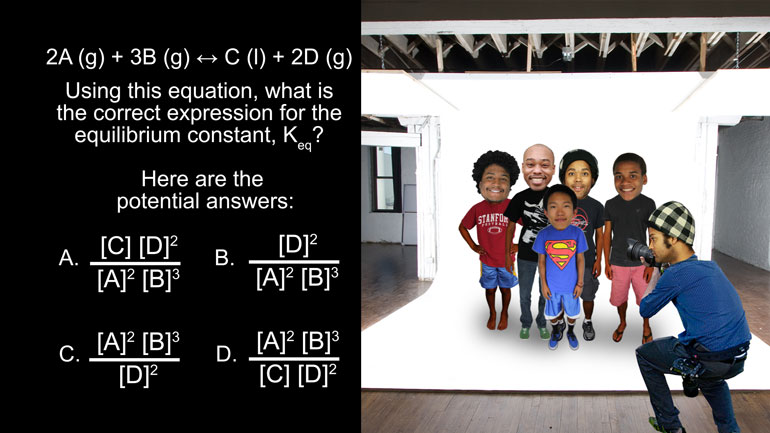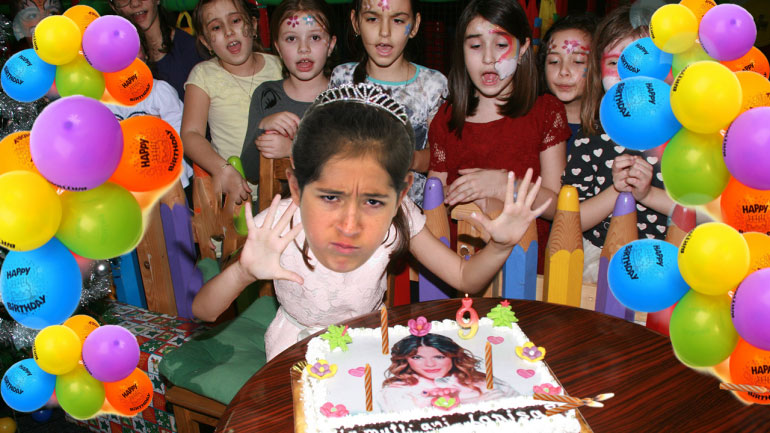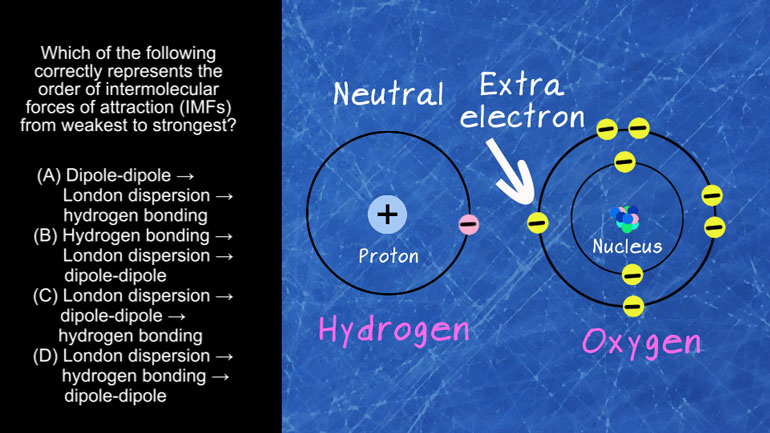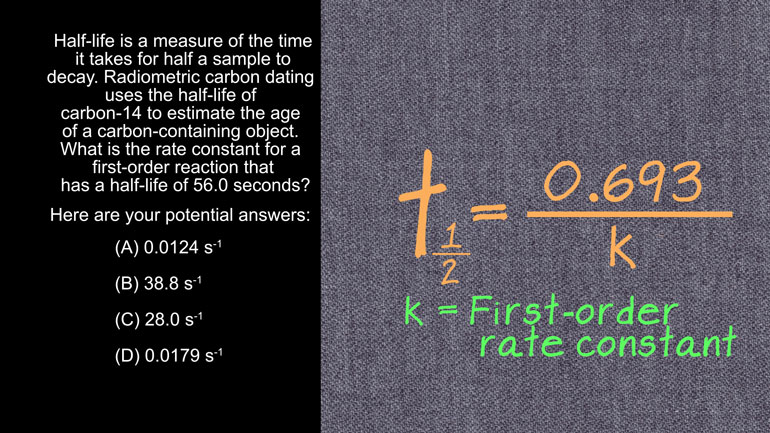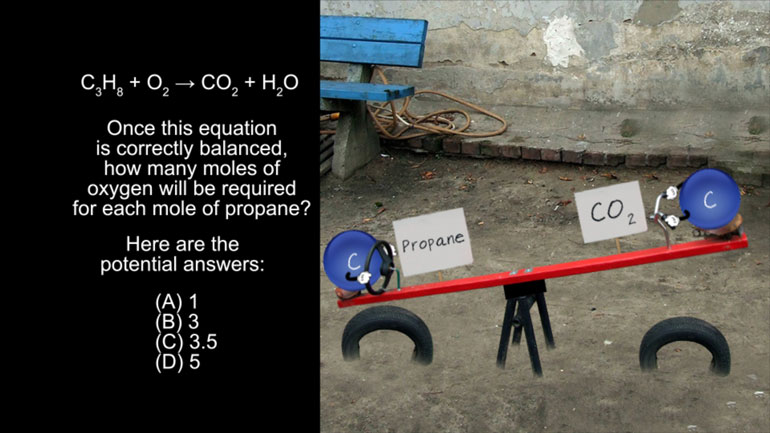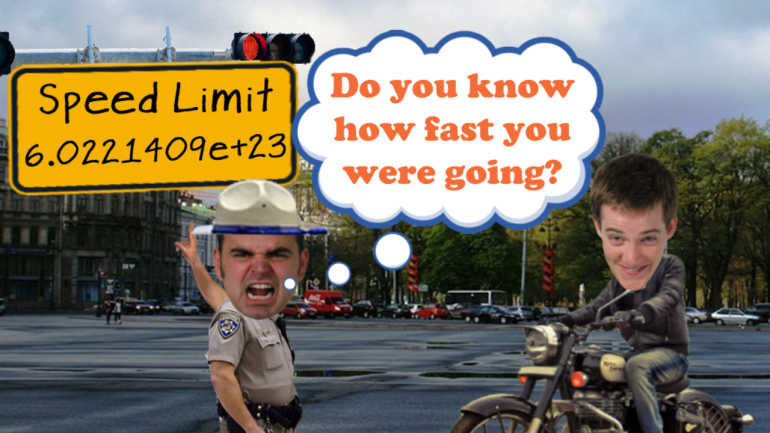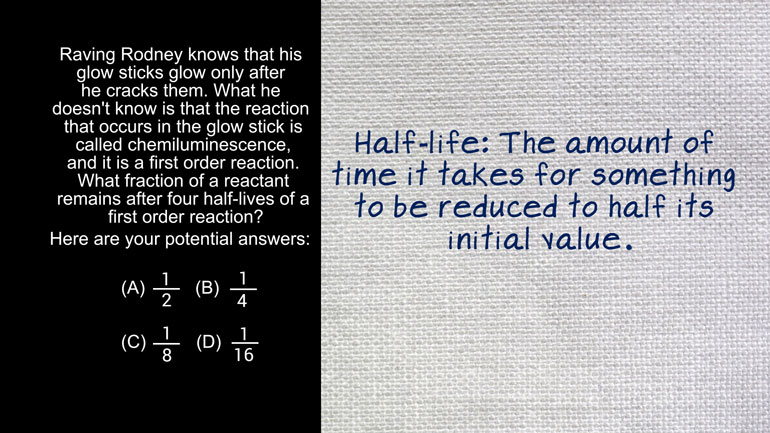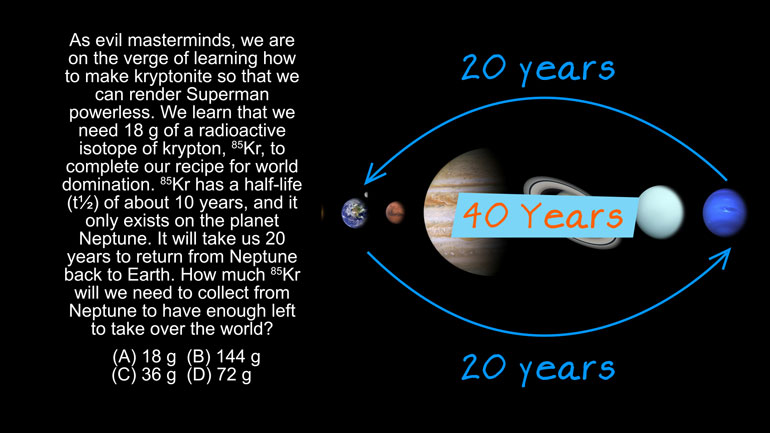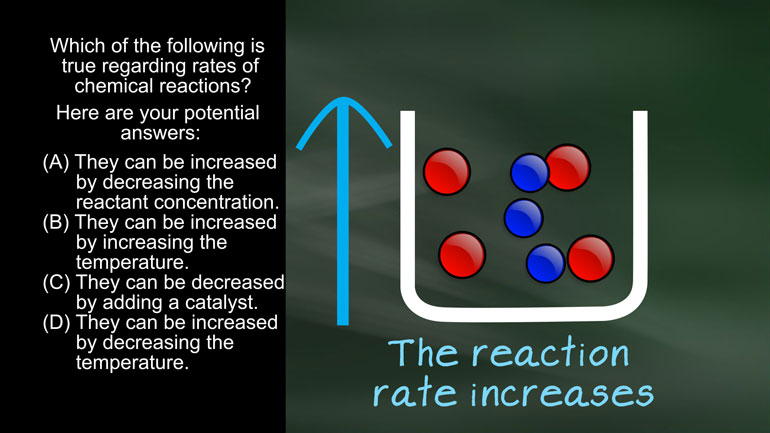ShmoopTube
Where Monty Python meets your 10th grade teacher.
Search Thousands of Shmoop Videos
AP Videos 1345 videos
AP Biology: Biological System Interactions Drill 1, Problem 1. Complete the sentence about a saturated fatty acid.
AP Biology: Essential Life Process Information Drill 1, Problem 1. If one parent is heterozygous for the sickle cell trait while the other par...
AP Biology: Evolution Drives the Diversity and Unity of Life Drill 1, Problem 1. The first cells on planet Earth were likely what?
AP Biology 2.5 Evolution 8 Views
Share It!
Description:
AP Biology 2.5 Evolution. These features might be anatomically similar but could have different functions.
Transcript
- 00:04
Here’s your Shmoop du jour, brought to you by anatomy. [Man with Chucknorris's face working out]
- 00:07
Nobody possesses a perfect one, but Chuck Norris is pretty darn close.
- 00:12
Take a look at the following statement: These features might be anatomically similar but
- 00:16
could have different functions.
- 00:18
And here are the possible answers: Well we can knock C off the list right away.
Full Transcript
- 00:26
Vestigiality refers to organisms that have retained organs which have lost their original
- 00:30
functions.
- 00:32
And vestigial organs aren't always necessarily organs [A boy with a magnifying glass looking at his arm]
- 00:35
Ever wonder why you get goosebumps?
- 00:36
Way back when, when humans needed to scare off predators, they would raise their body [Caveman and animal predators appear]
- 00:42
hair to appear larger.
- 00:44
Nowadays we have other ways of dealing with predators.
- 00:47
Like lightsabers.
- 00:49
But since vestigial essentially means functionless, we can eliminate “C”. [Man in black robes with a lightsaber polnts to answer C]
- 00:53
What about “D”?
- 00:54
Does comparative embryology have anything to do with functioning features?
- 00:58
Ehhh...not really. [Two eggs and one cracks and a chick appears]
- 01:01
Comparative embryology studies look at how animal life is related
- 01:04
...or not related. [An egg cracks and a cow appears]
- 01:06
Nothing to do with what our question is asking.
- 01:08
“D” is out.
- 01:09
B isn't our answer either.
- 01:11
Biography is the study of how species and ecosystems are distributed throughout our [Animals and plants on the Earth spinning around]
- 01:17
world.
- 01:18
It's the reason why polar bears aren't surfing in Malibu right now... [A polar bear holding a surfboard]
- 01:20
...and why you can’t have a pineapple tree in North Dakota.
- 01:24
So we can get rid of B. That leaves “A.” Homologous structures
- 01:27
are anatomically similar, but could have different functions.
- 01:31
Think about the femur for a second. [A human and horse in the woods]
- 01:33
Our femur may be anatomically similar to a horse's, but they serve slightly different
- 01:38
functions.
- 01:39
A thoroughbred can reach 35 to 40 miles per hour,
- 01:42
While some Shmoopers can barely make it to 3rd period math on time. [Student late for class and teacher yells]
- 01:48
So “A” is our correct answer.
- 01:49
Maybe one day we'll find a human with a superior femur. [Chucknorris running through the forest]
- 01:53
...Maybe we already have.
Related Videos
AP Biology: Biological System Interactions Drill 1, Problem 1. Complete the sentence about a saturated fatty acid.
AP Biology: Essential Life Process Information Drill 1, Problem 1. If one parent is heterozygous for the sickle cell trait while the other par...
AP Biology: Evolution Drives the Diversity and Unity of Life Drill 1, Problem 1. The first cells on planet Earth were likely what?
AP Biology: Free Energy and Molecular Building Blocks Drill 1, Problem 1. Which statement incorrectly describes the properties of water?
AP® Biology: Evolution Drives the Diversity and Unity of Life Drill 1, Problem 2. What was likely the first genetic material?
